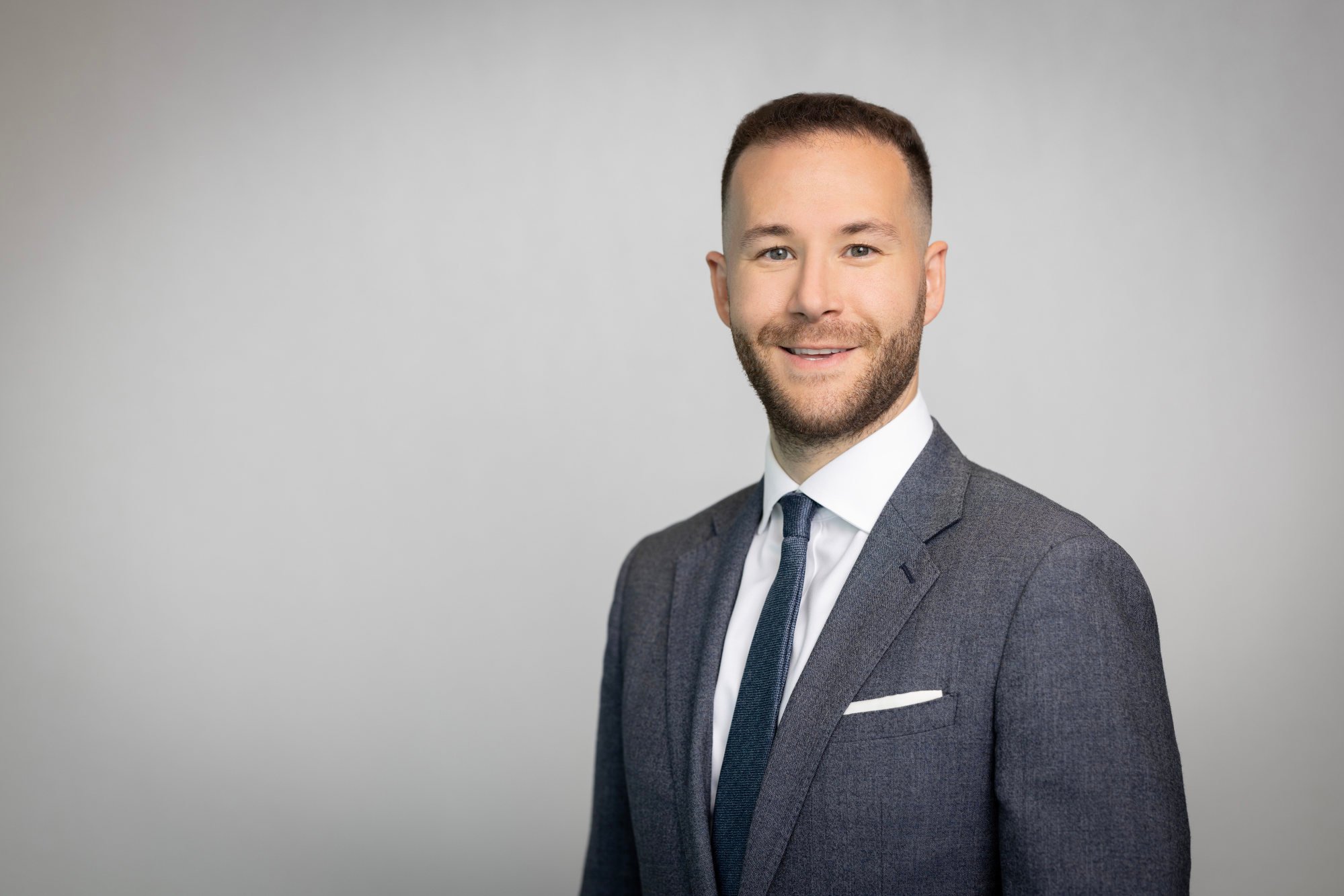It showcases the appeal of such investment avenues for family offices, or firms managing the fortune of wealthy families, as an alternative to public markets where asset prices have been reeling under high interest rates and economic slowdown.
A survey of family offices by US private equity firm KKR in January showed that 45 per cent of respondents said they planned to increase their allocations in private credit in 2024, the highest among all asset classes. Some 31 per cent will trim their allocations to public equities, the survey showed.
“Private credit is becoming particularly appealing to affluent families who previously found access to this investment avenue restricted due to its exclusivity,” said William Chow, deputy group CEO of Raffles Family Office. “We have observed a significant transformation in the role of private credit to complement a traditional asset allocation model.”
Private credit funds typically lend to companies on a floating rate basis with flexible repayment terms and backed by collaterals, features that yield-seeking family offices or wealthy individuals would appreciate. Returns from this asset class have sizzled, just as access to capital in the public markets became constricted, according to indices compiled by Preqin.

Blackstone, the world’s largest alternative-asset manager, and its partner Daiwa Securities raised more than 40 billion yen (US$287 million) within two months in April last year, touting returns of about 12 per cent. They will channel the funds to invest in US loans via a Blackstone private credit fund.
The industry has not been devoid of challenges, especially in the past two years as cracks emerged in China’s economy. Besides, wealthy individuals have since joined institutional investors and family offices in the game, bringing “liquidity risk” to the playing field, given the illiquid underlying assets and long lock-up periods.
China’s multi-year housing market slump has produced more than US$160 billion of bond defaults from 2020 to 2023 among the nation’s junk-rated developers, according to an estimate by Goldman Sachs, and many borrowers have been forced out of business as a result. Investors have become understandably more risk averse.
“The clients’ appetite for return has not changed much, but their risk appetite is becoming more cautious because of market volatilities and black-swan events,” said Jan Zhang, alternative investments and global real estate director at DL Holdings, a Hong Kong-listed financial group. “For private credit investments, the key is the collaterals and how we can control the assets and mitigate risks.”

Wealthy investors are “defensive” in their approach at the moment by placing greater emphasis on safety, said Michael Ostro, head of private markets group in Asia at Swiss private bank Union Bancaire Privee (UBP). This has led to a lot of focus on asset-backed, real estate, receivable and sponsor-backed lending, he added.
“We are seeing an increased emphasis on semi-liquid [assets] among private credit vehicles,” Ostro added. “They are popular in the universe of private clients and family offices because it provides more flexibility on liquidity.”

At Adams Street Partners, private credit funds adopt an “evergreen structure” which allows investors to subscribe and access the yield from day one, without any delay in capital calls,” said Jeffrey Diehl, the firm’s head of investments.
Such evergreen funds accept new inflows continually so that investors can redeem their shares for liquidity or rebalance their portfolios more frequently. In contrast, closed-end funds would lock up investors’ capital for years until the underlying assets are sold.
“Wealthy individuals like this asset class, the risk profile, the access to a lead lender it offers, and the fact that they can get distribution immediately in terms of coupon payments,” said Ben Hart, head of investors relations in Asia at Adams Street.
Deep liquidity, diversified offerings make Hong Kong a family office haven: SCMP panel
Deep liquidity, diversified offerings make Hong Kong a family office haven: SCMP panel
Raffles’ Chow said his firm remains “cautious and extremely selective” on private credit investment. Investors have not always done well in their quest for higher returns, as many were burnt in their investments of high-yield bonds issued by Chinese property developers.
“We believe that the risk associated with private debt investments is inherently higher than that of high-yield bonds, largely attributable to the lower transparency concerning the collateral.”
Zhang at DL Holdings said it usually structures private credit funds with a shorter lock-up period because many of its clients pay close attention to liquidity. The firm would build up more projects and assets into its funds so that they have different types of maturities to control the duration, she added.
UBP’s Ostro is not too perturbed.
“High-yield bond issuers often have lower credit ratings. In private credit, that is not the case,” UBP’s Ostro said. “Many private credit deals are senior secured and collateralised against strong companies in the mid and upper market with earnings growth.”
He expects the flows into private markets to keep growing over the next cycle.
“With the high correlation of fixed income and equities, investors need to start diversifying into other asset classes to protect their portfolios, especially if they are positioning generational capital,” he said.


